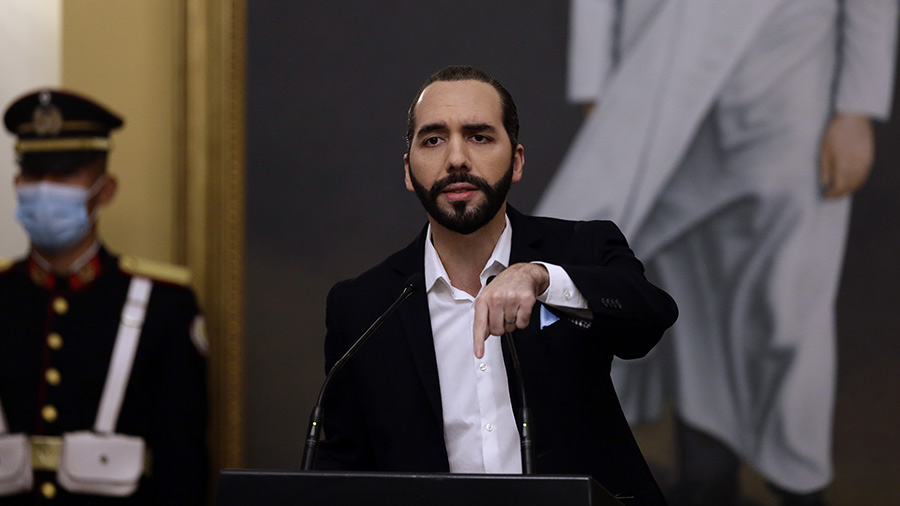
Among those called to the government is to reform or eliminate the Fopromid Act, which has allowed the government to quickly access emergency funds, but for which it has resisted accountability.
The International Commission Against Impunity in El Salvador (CICIES) called on the government of Nayib Bukele to strengthen the fight against corruption through a series of legal reforms.
Among the laws proposed to reform, is the Illicit Enrichment of Civil Servants and Public Workers dating from 1959. In 2016 an attempt was made to pass a Law of Probability that sought to replace it, but this was suspended by the Constitutional Chamber to weaken the fight against corruption instead of strengthening it.
Likewise, the CICIES asks to modify the Penal Code, the criminal procedure, the Law against Laundering, the Law of Government Ethics and the Law of Extinction of Dominion. They also call for reform or repeal of the Civil Protection, Disaster Prevention and Mitigation Fund Act (Fopromid). The latter gives the government mechanisms to quickly access funds to deal with emergencies.
SEE ALSO: CICIES has presented three warnings to the Public Prosecutor’s Office for alleged corruption in the public administration
However, in the context of the pandemic, there are allegations that this modality has allowed the government to jump-checks and accountability in its spending of hundreds of millions of dollars.
Strengthen the Prosecutor’s Office
The Commission, coordinated by the Organization of American States (OAS), also recommended strengthening the Attorney General’s Office and other institutions that exercise control over political and administrative acts.
He also called for updating laws “that effectively regulate the civil service.” This has been a demand of civil society, which seeks to address the issue of nepotism, phantom positions and corruption in the civil service through a law that standardizes the recruitment of staff in the state and ensure that they respond to merit and suitability. , not to personal connections or payment of campaign favors.
The CICIES also called for a guarantee to be able to be an active part of the criminal process as a plaintiff and for the Legislative Assembly to ratify the agreement by which it was formed.
Reforms come from dialogue with civil society
In its statement, the CICIES stated that “the suggested reforms (…) derive from an analysis of various proposals made by bodies of civil society and intergovernmental entities.”
Therefore, the commission said it will support the drafting of legislative projects or work teams to strengthen the anti-corruption institution in the country.
This institution has presented to the Attorney General’s Office possible cases of corruption and irregular recruitment in the framework of the care for the COVID-19 pandemic. At the end of 2020, Attorney General Raúl Melara indicated that the home violations he ordered to the Ministry of Health and other institutions were based, in part, on files submitted by this commission.